Julie Gibson Clark, a 55-year-old single mother from Phoenix, has outpaced tech millionaire Bryan Johnson in the Rejuvenation Olympics, a global longevity competition, by slowing her biological aging to 0.665 years for every chronological year. Unlike Johnson, who spends $2 million annually on anti-aging treatments, Clark achieves her impressive results with a budget-friendly regimen that includes a $27 monthly gym membership, a $79 supplement subscription, a vegetable-rich diet, regular exercise, and meditation.
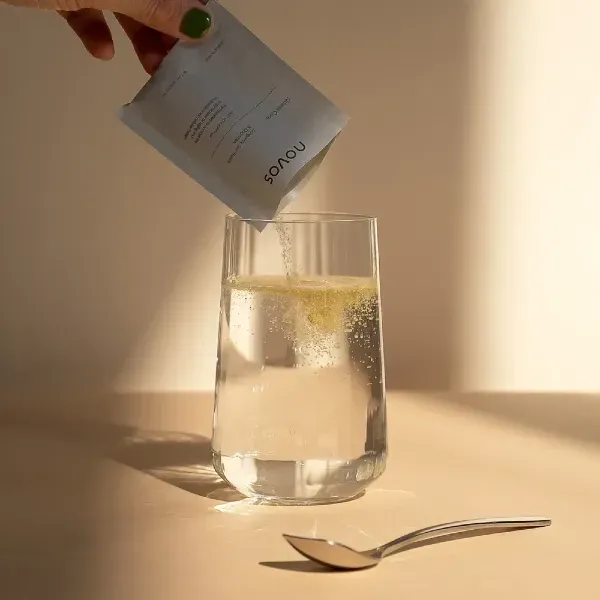
Julie Clark's Daily Routine Breakdown
Julie Clark's daily routine is meticulously structured to promote longevity and overall well-being. She begins her day at 5 a.m. with a glass of green tea, followed by a period of meditation, which includes Bible reading or personal reflection from 5:30 to 6:30 a.m.[1][2][3]. By 7 a.m., she engages in a combination of cardio and weight training at the gym, a practice she maintains five days a week. This workout is followed by a 20-minute sauna session and a cold shower, which she believes significantly boosts her mood and overall health[1][2][3][4].
Her first meal of the day, consumed between 9 and 10 a.m., varies seasonally. In colder months, she opts for a bone broth greens latte, while in spring, she prefers goat milk yogurt, and during hot months, she enjoys a smoothie that includes bone broth and cooked greens[1][2][3]. Throughout the day, she snacks on vegetables such as carrots, radishes, and peppers to maintain her energy levels and promote health[1][2][3][4].
Lunch, typically around 12:30 p.m., consists of 500 grams of cooked vegetables, which she grazes on throughout the afternoon, accompanied by a NOVOS drink[3]. In the early afternoon, she dedicates 20 minutes to transcendental meditation, further supporting her mental well-being and stress management[3].
Dinner, served between 6 and 7 p.m., often includes dishes like stuffed spinach and goat cheese pork chops with a side of green vegetables[3]. After dinner, she takes a 10-15 minute walk to aid digestion and relaxation before bedtime at 9 p.m.[3].
Clark's routine also includes fasting for about 16 hours overnight, with her first meal typically between 10 and 11 a.m.[4]. She emphasizes the importance of sleep, considering it a crucial component of her anti-aging regimen[3]. Her approach to longevity is both practical and cost-effective, relying on consistent habits and a balanced lifestyle rather than expensive treatments[1][2][3][4].
The Role of Meditation in Longevity
Meditation has been increasingly recognized for its potential to enhance longevity through various physiological and psychological mechanisms. One of the primary ways meditation contributes to longevity is by reducing stress and its associated impacts on the body. Chronic stress accelerates cellular aging by shortening telomeres, the protective caps at the ends of chromosomes. Meditation has been shown to lengthen telomeres, thereby slowing the aging process and promoting cellular health[2][3][4].
The practice of meditation also stimulates the vagus nerve, which plays a crucial role in regulating the parasympathetic nervous system. This stimulation helps lower heart rate, reduce blood pressure, and enhance digestion, all of which contribute to overall well-being and longevity[2]. Additionally, meditation reduces oxidative stress and lowers cortisol levels, further mitigating the harmful effects of chronic stress on the body[4].
Different types of meditation, such as seated meditation, walking meditation, and mantra meditation, offer various approaches to achieving these benefits. Consistent practice is key to experiencing the full range of positive effects, including improved mental clarity, emotional stability, and physical health[2][3]. For instance, a 2017 study published in "Oxidative Medicine and Cellular Longevity" found that regular meditation significantly reduced the rate of cellular aging in a group of 96 participants over 12 weeks[3].
Moreover, meditation fosters a state of meta-cognitive awareness, allowing individuals to better manage their emotional responses and reduce cognitive stress. This heightened awareness and acceptance of emotional experiences can lead to more accurate appraisals of stressors, reducing the overall impact of stress on the body[4]. By integrating meditation into daily routines, individuals can harness these benefits to support a longer, healthier life.
Comparing Diets: Julie Clark vs. Bryan Johnson
Julie Clark and Bryan Johnson both follow strict dietary regimens aimed at promoting longevity, but their approaches differ significantly in terms of complexity, cost, and specific practices.
Julie Clark's Diet:
Julie Clark's diet is simple, cost-effective, and heavily plant-based. She consumes about 16 ounces of vegetables daily, including raw celery, radishes, carrots, peppers, and blanched broccoli, often accompanied by a salad or soup[1][2][3]. Her meals are structured around a 16-hour fasting window, with her first meal typically between 10 and 11 a.m.[1][2][3]. Clark's diet emphasizes whole foods and minimal processing, aligning with her overall low-cost approach to anti-aging. She also incorporates a $79 monthly supplement subscription from NOVOS to ensure she meets her nutritional needs[2][3][4].
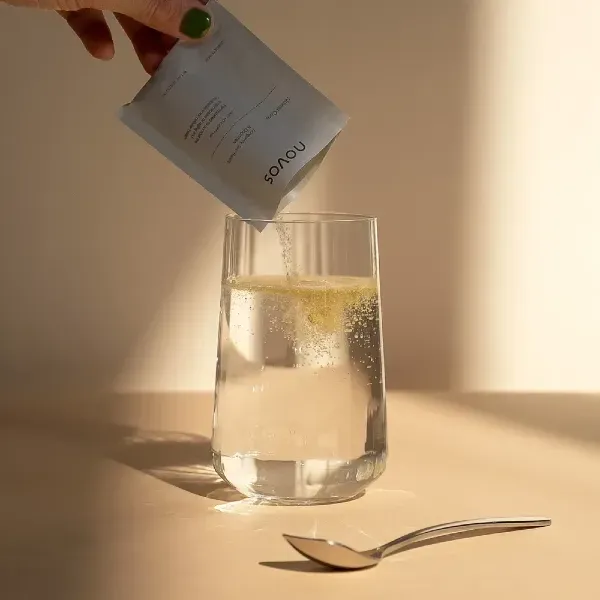
Bryan Johnson's Diet:
In contrast, Bryan Johnson's diet is far more elaborate and expensive. Johnson follows a meticulously planned regimen that includes consuming over 100 supplements daily[1][3]. His diet is primarily composed of vegetables and lentils, designed to optimize his physical well-being as part of his "Blueprint" project[1][3]. Johnson's dietary plan is supported by a team of 30 doctors and includes unconventional therapies such as blood-plasma donations from his son and shockwave therapy[1][3]. His annual expenditure on these anti-aging efforts is around $2 million[2][3][4].

Key Differences:
Cost: Clark's diet costs approximately $108 per month, including her gym membership and supplements, whereas Johnson spends about $2 million annually on his comprehensive anti-aging regimen[2][3][4].
Complexity: Clark's diet is straightforward and easy to follow, focusing on whole, plant-based foods and a few supplements. Johnson's diet is highly complex, involving numerous supplements and medical interventions[1][2][3].
Support Systems: Clark manages her diet independently, while Johnson relies on a team of medical professionals to tailor his dietary and health protocols[1][2][3].
Despite the stark differences in their approaches, both Clark and Johnson share a commitment to fasting, regular exercise, and a diet rich in vegetables. However, Clark's success in the Rejuvenation Olympics, where she ranks higher than Johnson, suggests that effective anti-aging strategies do not necessarily require exorbitant spending or complex regimens[1][2][3][4].


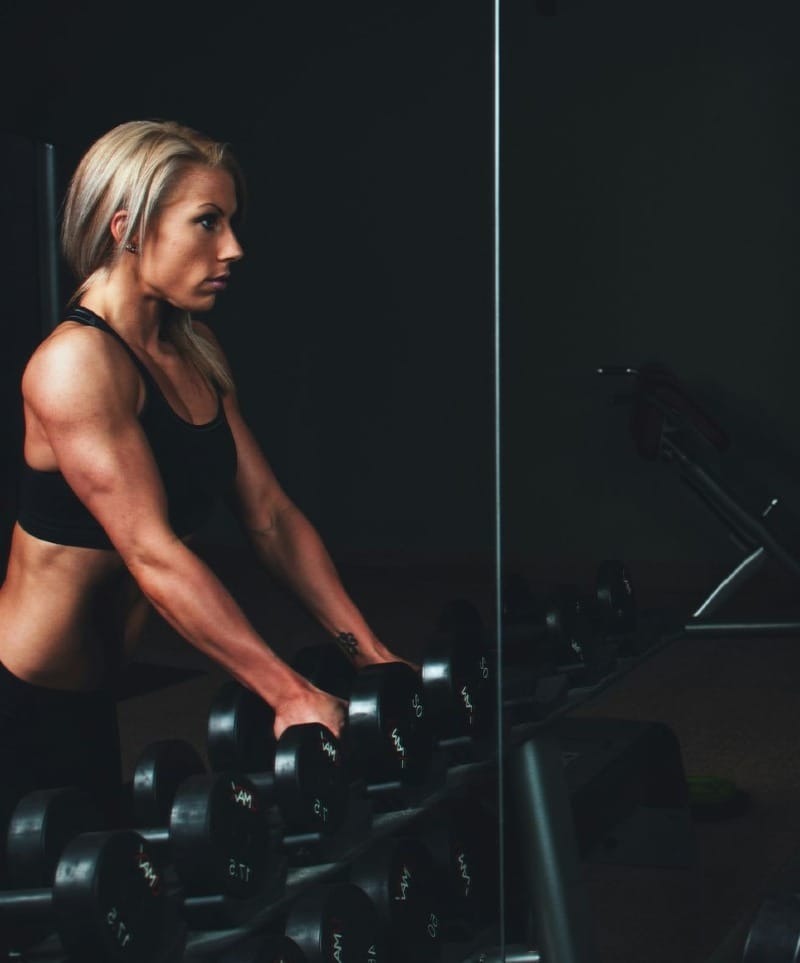
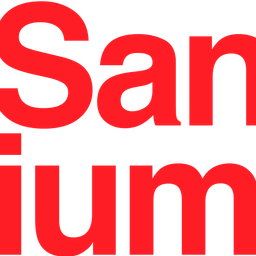
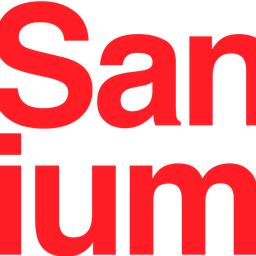
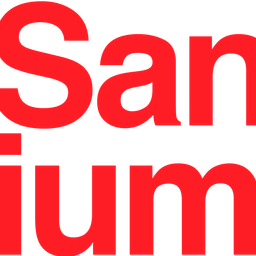
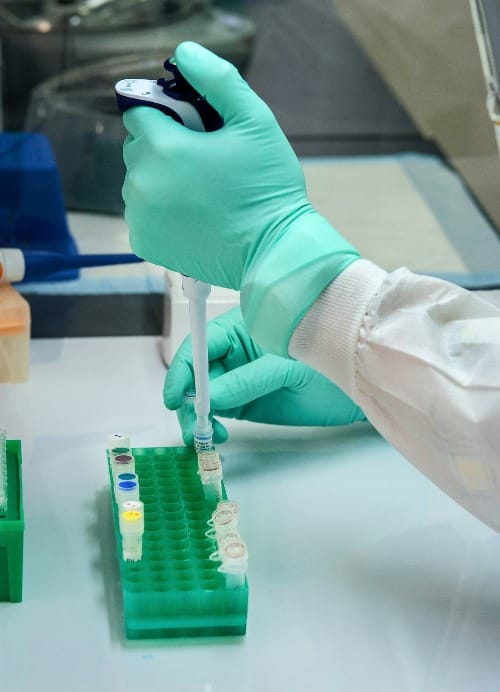

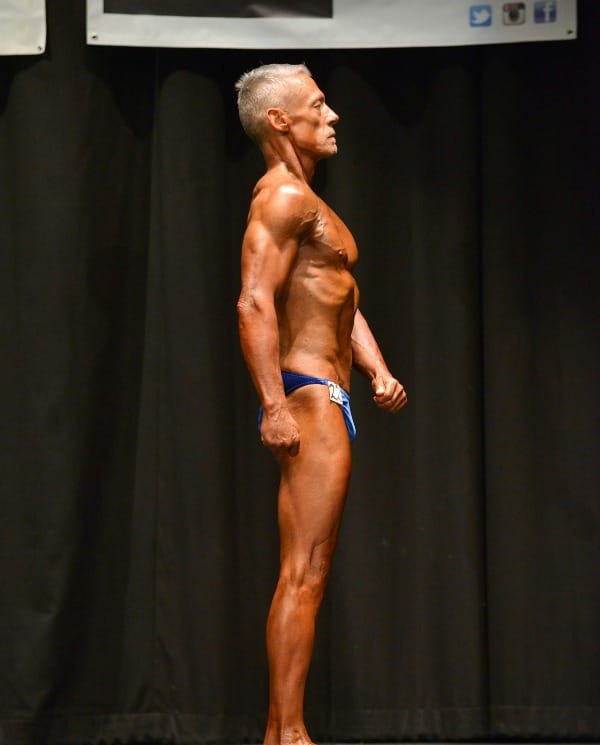
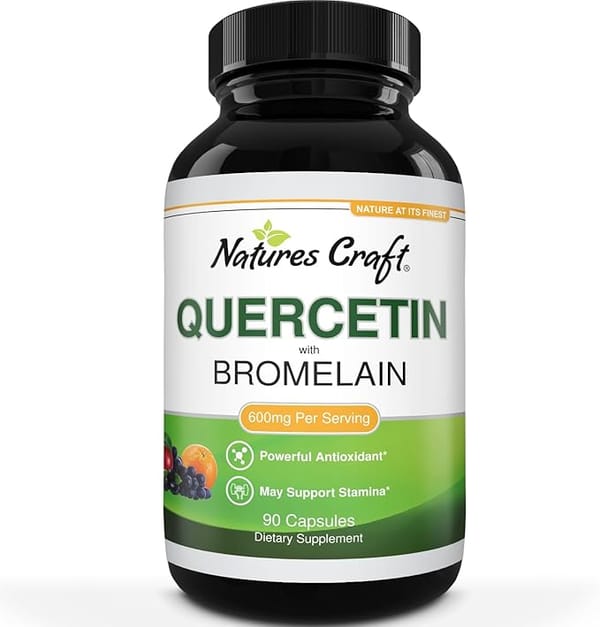

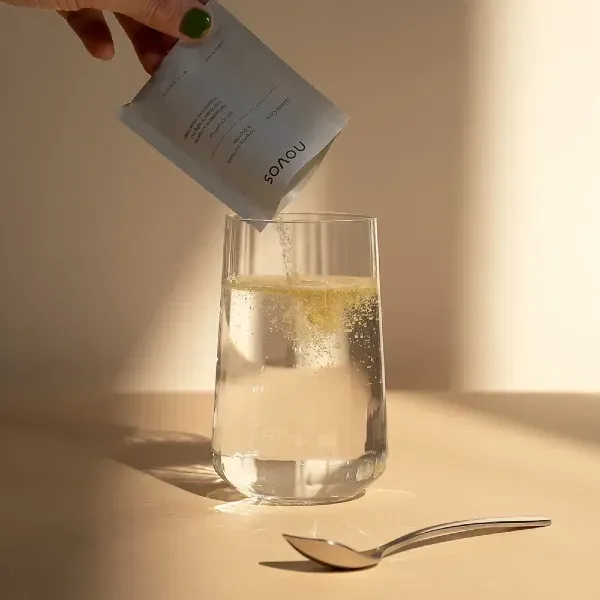





Member discussion